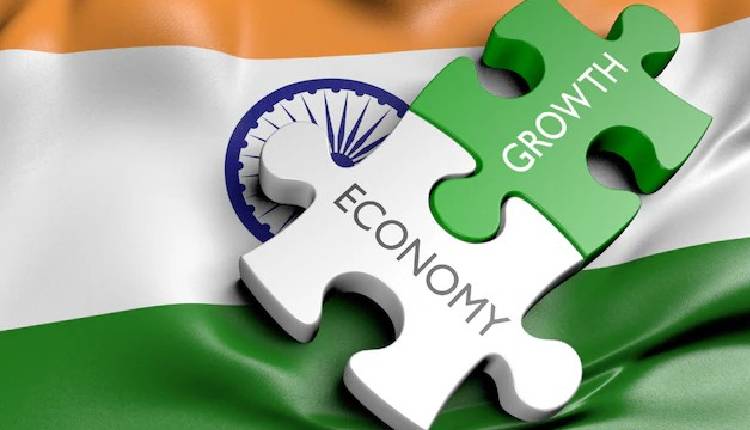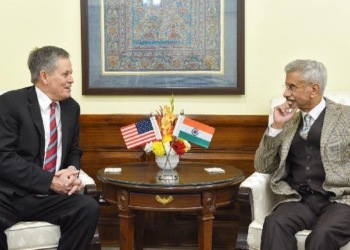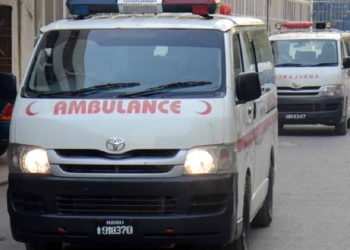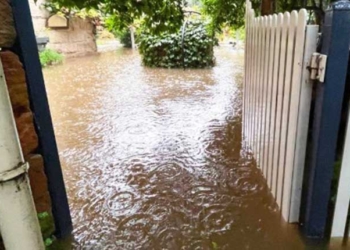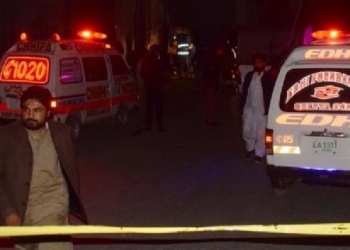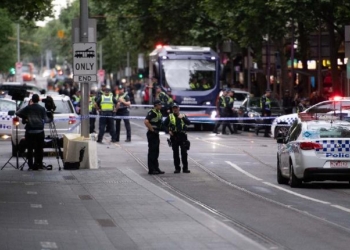United Nations: As the Global South grapples with the ossified structure of the main multilateral development banks (MDBs), India has taken a leading role in calling for the reform of the institutions created after World War 2 reflecting the power structure of that time.
India has also adopted another two-pronged approach to promote change: Setting up a fund with the UN for developing countries and working with the BRICS on the New Development Bank.
The reform of the World Bank and the International Monetary Fund (IMF) came into focus again when the institutions held their Spring meeting with the Governors and Finance Ministers of several members.
India’s leadership at the G20 for reforming them has been appreciated by UN Secretary-General Antonio Guterres.
The push for reforms gained momentum when presiding over the G20 Summit last year in New Delhi, Prime Minister Narendra Modi said, “We need to expand the mandate of multilateral development banks,”
“We need to collectively work to strengthen multilateral development banks for meeting global challenges like climate change and high debt levels.”
“Our decisions in this direction should be immediate and effective,” he added.
Taking up his call, the Summit of the leaders of the 20 biggest economies in their joint statement called on the institutions “to undertake comprehensive efforts to evolve their vision, incentive structures, operational approaches, and financial capacities so that they are better equipped to maximise their impact”.
N.K. Singh, the Chairman of India’s 15th Finance Commission, said that at a recent meeting, Guterres told him that he “was very keen on continuing the momentum of MDB reforms initiated during India’s G20 Presidency”.
At their meeting at the UN, Guterres “agreed that, even though G20 Presidencies may change, the UN has a long-term responsibility in ensuring that the legitimate needs of the countries of the South are adequately met. These involve issues of poverty and shared prosperity in a liveable planet,” Singh said in a series of posts on X.
Guterres said that MDB reforms should be central to “the reforms of the international financial architecture” over the decade following next year’s Conference on Financing for Development Conference to be held in Spain, Singh posted.
He also posted that he met with Under-Secretary-General for Economic and Social Affairs, Li Junhua, who was “profusely complimentary about the importance of India’s G20 Presidency (and) its ability to harmonise contradictions”.
New Delhi is an active member contributing capital and expertise to the New Development Bank of the BRICS is made up of emerging economies, Brazil, Russia, India, China, and South Africa, which have been joined by Ethiopia, Egypt, Iran, Saudi Arabia and the United Arab Emirates.
The bank is emerging as an alternative to the IMF, World Bank, and other such institutions, funding development projects and helping financial stabilisation in the member countries.
The UN Chief has said, “Within a united global economy, I think that many of these institutions (like BRICS) can play an extremely important and complementary role.”
In addition under Prime Minister Modi, India set up in 2017 the India-UN Development Partnership Fund (IUNDPF) using a different model from that bilateral assistance given by other countries, notably China.
The fund that operates in cooperation with the UN allows the recipient countries to choose the projects based on their priorities rather than the interests of the donors and avoids pushing them into a debt trap.
UN Deputy Secretary-General, Amina Mohammed, has said that the IUNDPF has reached “significant milestones making a positive difference in the most vulnerable of our communities”.
New Delhi has also set up a window under the IUNDPF for Commonwealth countries to get funds for projects promoting the UN’s sustainable development goals.
(IANS)




